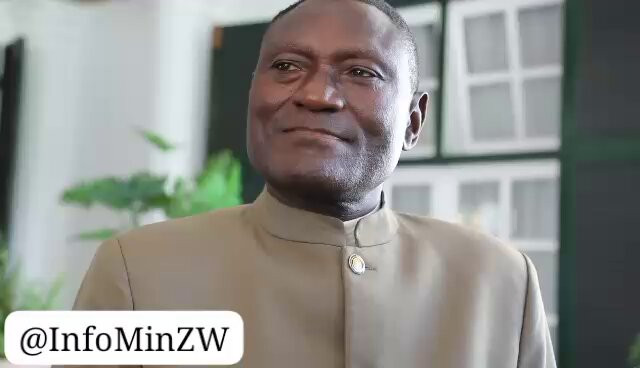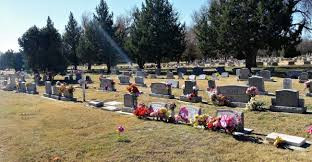
MATABELELAND South province is facing serious challenges due to a poor road network and lack of radio and television connectivity amid calls for investors in the sector.
This was revealed by the newly-appointed Minister of State for Matabeleland South Province Albert Ngulube during the Rural Industrialisation Indaba held at the Zimbabwe International Trade Fair in Bulawayo yesterday.
The Indaba was held under the theme, Inclusive Growth, Industrial Roots, Unlocking Zimbabwe’s Potential.
Ngulube said devolution played a pivotal role in empowering local communities and enabled local decision making in accordance with Vision 2030.
“We in Matabeleland South are implementing pro-people policies which are key in inculcating broad industrialisation. In other words we are following National Development Strategy 1, Agriculture 8.0, creating village-based business units as key drivers of industrial development,” he said.
Ngulube said the programme created 16 village-based business units, with examples such as the those in Garanyemba and the Makorokoto.
He said they encouraged Education 5.0 based learning which had started to yield good results as students get life skills.
“We have people aboard who have come to collaborate or partner us. We have seen the construction of the Bopoma Dam in Insiza where J R Goddard is in partnership with government.
- I will definitely win 2023 elections: Mwonzora
- We will rule forever: ED says
- Measles death toll hits 650
- Govt challenges youths to participate in tourism
Keep Reading
“We have seen the rehabilitation of the Dwala and Gukwe Dam in Gwanda district also with Goddard in partnership with government. We are engaged in the Trans-Limpopo spatial development initiative.
“We are also twinning our authorities with South Africans, that are Insiza, Gwanda, Plumtree and Beitbridge councils where we share ideas. However, we have challenges.”
Ngulube, however, bemoaned lack of access due to bad roads, telecommunications and low radio and television frequencies in the province.
“Our roads towards the border posts, in Plumtree, Beitbridge are in a bad state. However, come top energy and power, this is fading as a challenge due to the rural electrification programme and electrification of chiefs homesteads and rural business centres has brought new life activities in the rural area,” he said.
Meanwhile, Bulawayo Provincial Affairs and Devolution minister Judith Ncube said out of the 10 provinces in Zimbabwe, Bulawayo and Harare had peri-urban areas which must be considered under the rural industrialisation programme.
“The two provinces, that is Bulawayo and Harare, have peri-urban areas. We need to also to look into these critical peri-urban areas. We did discuss with my colleague that under whatever circumstances we need to come up with a programme of shelf factories in order to decongest cities,” Ncube said.
“We also have to strengthen home industries within urban areas. We also need to capacitate and equip vocational centres in order to impart necessary skills to our trainees.”
She said there was need for investors who could put up a Federation of International Football Association standard type of a stadium.
“People of Bulawayo need to watch international games at home. Instead of us having our teams travelling to neighbouring countries, we feel that the corridor of Matabeleland can have such stadia,” she said.
This year’s ZITF opened on Monday with 596 exhibitors having booked space at the trade centre and will run until Saturday.










